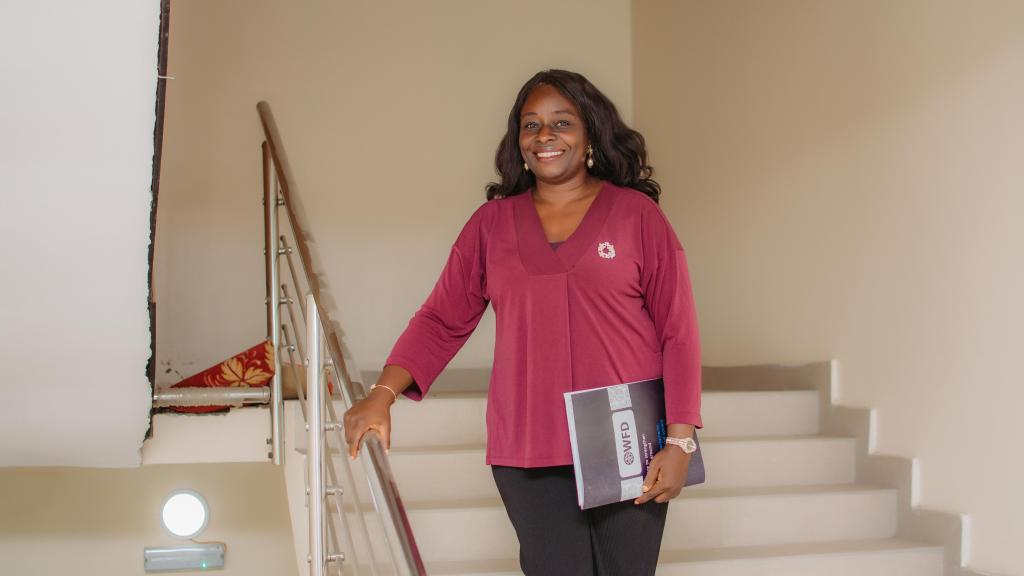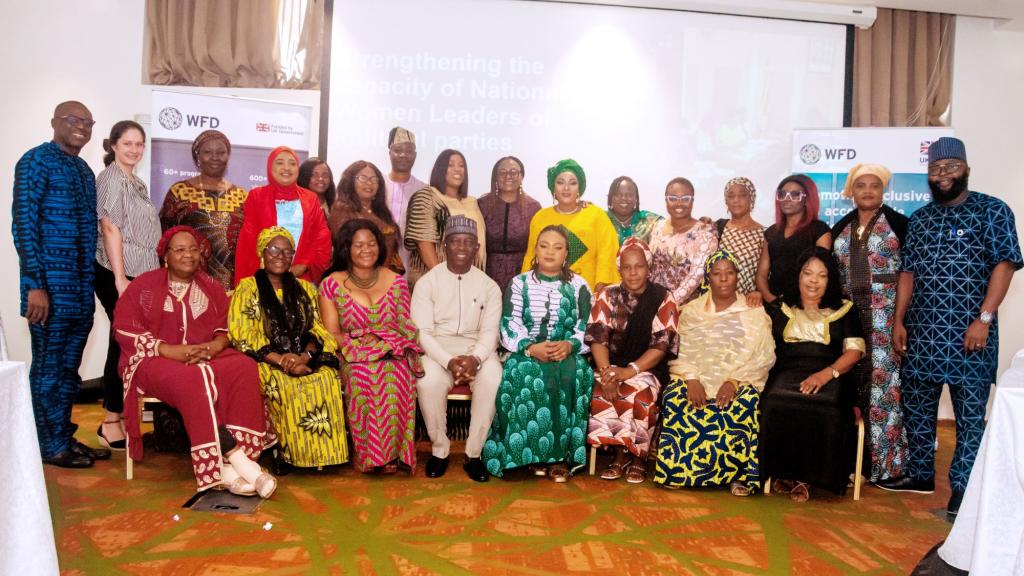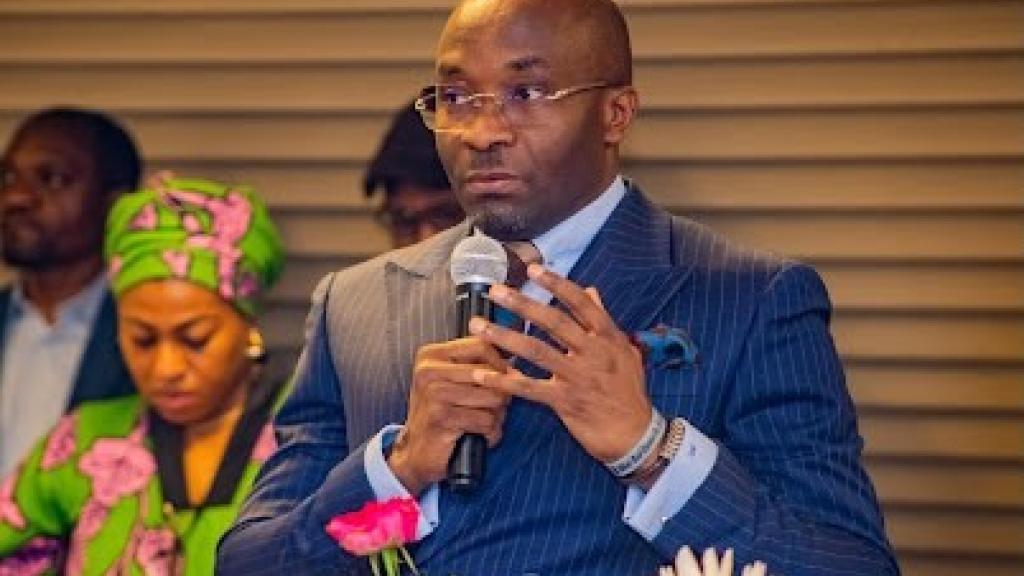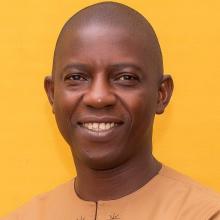Partnerships at the national and state level have enhanced our democracy strengthening work. This includes working with the Nigerian National Assembly; State Houses of Assembly; Independent National Electoral Commission (INEC); National Institute for Legislative and Democratic Studies (NILDS); National Youth Service Corps (NYSC); political parties; and civil society organisations that support young people, women, and persons with disabilities.
Current programme
Nigeria Open Political Party (NOPP) project
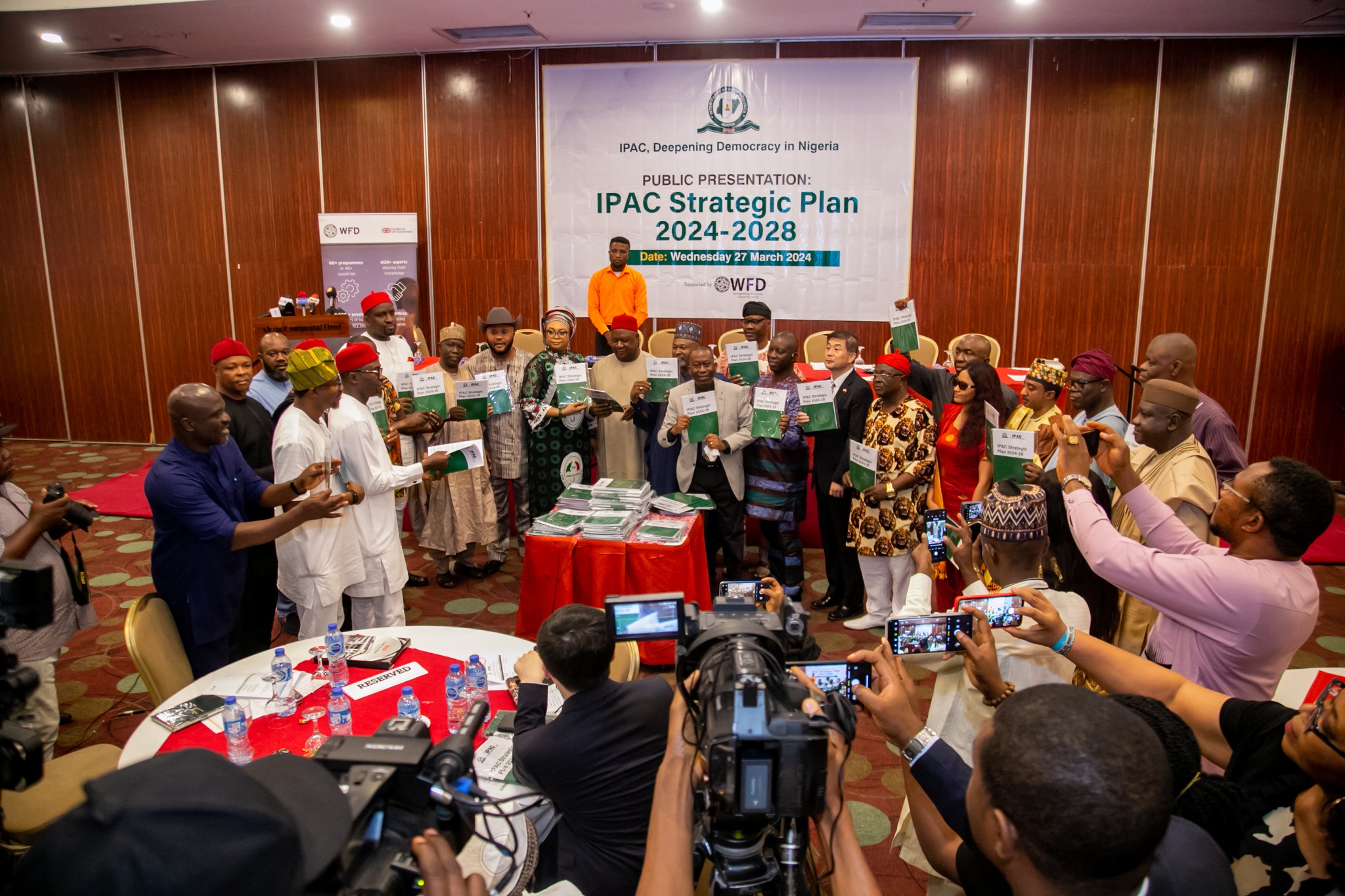
This FCDO-funded programme contributes towards promoting the increased participation of women, young people, and PWDs in Nigeria's political and electoral process.
Following the 2023 presidential, national assembly, gubernatorial, and state assembly elections, young people, women, and persons with disabilities remain underrepresented in Nigerian politics and governance. Issues such as the high cost of politics, male-dominated structures, and non-compliance with party codes contribute to their exclusion. WFD aims to leverage its positive collaborations with political parties, the National Assembly, and civil society to promote inclusive representation, strengthen political parties, and enhance legislative processes in Nigeria. The NOPP project will focus on boosting the involvement of these underrepresented groups.
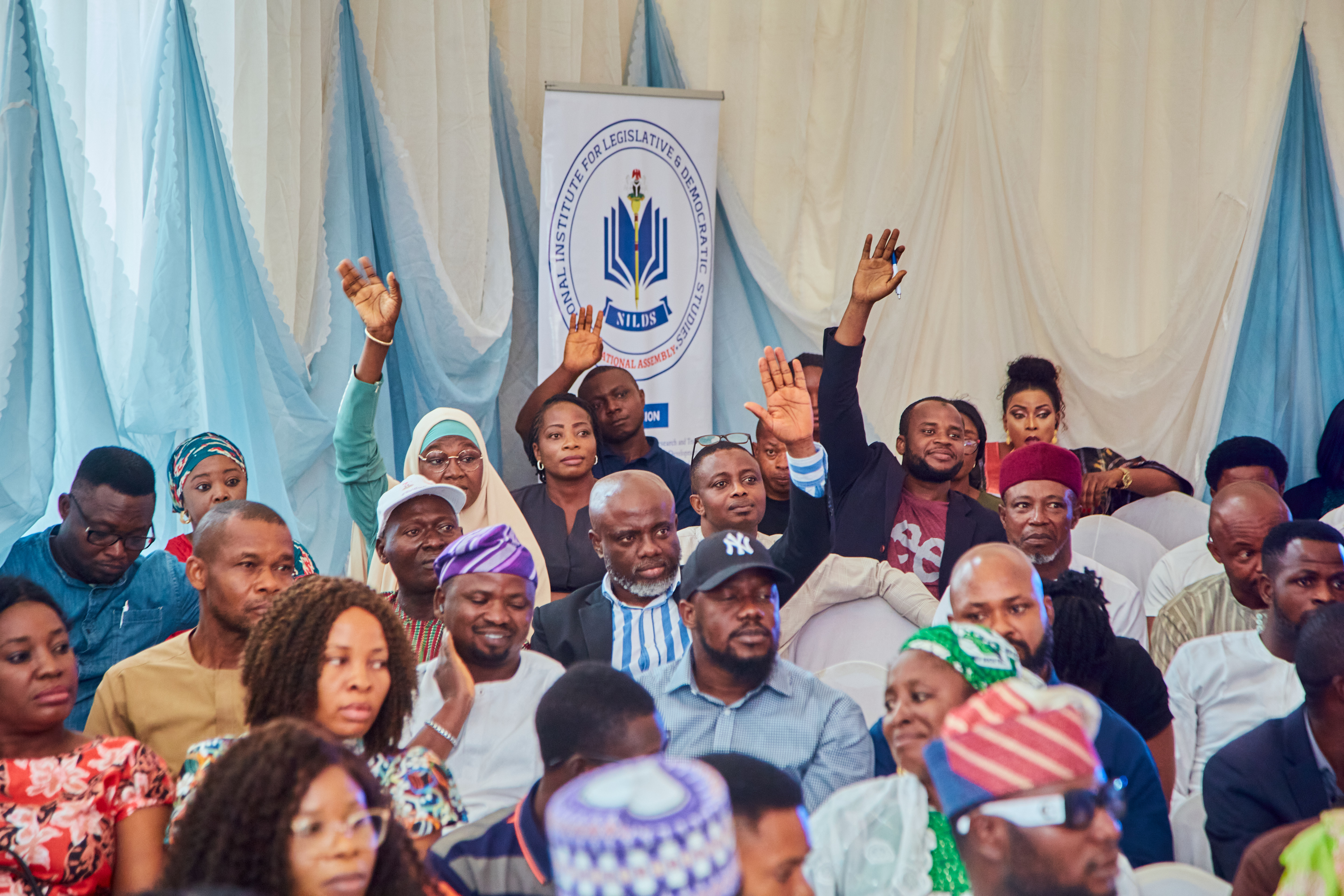
Aims and activities
This programme aims to bring about two key outcomes:
- Political parties in Nigeria improve representation of underrepresented groups
- The leadership of parliament understands the importance of post-legislative scrutiny (PLS) in the legislative process
WFD is using research developed in the first year (April 2022-March 2023) of the programme to work with parties to incorporate more inclusive practices. The objective is to identify achievable, evidence-based actions for supporting political parties in the post-election period to be more democratic and inclusive. WFD is also building the skills and knowledge that civil society organisations (CSOs) need to advocate for political party inclusion.
Moreover, WFD continues its partnership with the National Institute for Legislative and Democratic Studies (NILDS) to work with the newly elected leadership of the 10th National Assembly to advance Post Legislative Scrutiny (PLS) in legislative practices.
Completed programmes
Find out about our previous programmes in Nigeria
Global Equality Project (GEP) Phase II
The second phase of the Gender Equality Program (GEP II) successfully enhanced the implementation of the Violence Against Persons Prohibition (VAPP) Act in Ondo State, Nigeria. The VAPP act provides a legal framework for the protection of all citizens against all forms of violence. This includes vulnerable people such as women, girls, children, youth, and persons with disabilities (PWDs).
GEP II built on the gains made with the implementation of the Commonwealth Equality Project (CEP) and the first phase of the project – GEP I – which ran from August 2021 to March 2022.
Global Equality Project (GEP)
Building on the gains made under the Commonwealth Equality Project (CEP), this programme supported the implementation of the VAPP law in two further states – Osun and Ondo – where the law had been recently passed. Implementation needed to be effectively guided and facilitated to enable maximum impact. Training of first-line officials to professionally engage with survivors of violence, as well as committing key stakeholders to effectively implementation was paramount. Importantly citizens needed to be aware of the existence of the laws passed to protect them, and modalities for engaging the process.
Commonwealth Equality Project
Between October 2020 and March 2021, WFD and Kaleidoscope Trust (KT) implemented the Commonwealth Equality Project (CEP) – funded by the UK Foreign, Commonwealth and Development Office (FCDO). CEP facilitated the tackling of violence against women and girls through helping the passage of the Violence Against Persons Prohibition (VAPP) law in Oyo State. CEP supported the Oyo State House of Assembly to review the Violence Against Persons Prohibition (VAPP) Bill and pass the same into law, sensitised stakeholders at the grassroots on the VAPP Act, and conducted a national research on the implementation of the act as a guide for other states yet to domesticate it.
Beyond intervention at the state level, WFD commissioned a national research on the implementation of the VAPP Act, and other related laws and how it has protected women and girls across Nigerian states. The presentation of the report of this research to the public further reinvigorated the passage of such laws in other States of Nigeria.
Inclusive and Accountable Politics
WFD worked with the National Institute for Legislative and Democratic Studies (NILDS) to watch political parties from an inclusion lens as Nigeria prepared for the 2023 general elections. WFD supported evidence-based and creative efforts to enable more democratic and inclusive practices by the political parties. Findings will be used after the 2023 general election to engage with and strengthen political parties’ internal party systems, accountability, and democratic practices. This built on the series of policy dialogues on topical national concerns, which WFD convened, to generate policy briefs for legislative actions and advocacy for credible electoral laws. This is while advancing support for more open and inclusive political parties in Nigeria through evidenced assessment of political parties’ performance, as well as via technical support to the National Assembly on PLS. The understanding of the concept of PLS by staff and members is a fundamental first step to its integration in the legislative process.
Supporting Marginalised Nigerians in the Election Process (#OurVoteCountsNG)
WFD, with funding from the European Union, and in partnership with the Nigerian Women Trust Fund (NWTF) implemented a three-year programme christened #OurVoteCountsNG. The overall goal of the programme was increasing the participation of youths, women, and persons with Disabilities (PWDs) in elections. It contributed to this goal by creating awareness among underrepresented groups using targeted messaging conveyed through peer-to-peer voter education strategy about the electoral process, particularly in hard-to-reach communities. Working closely with the Independent National Electoral Commission (INEC), the National Youth Service Corps (NYSC), and women networks, the project built the confidence of citizens in the electoral process and made them realize the importance of their votes to the process. The peer-to-peer strategy entails building the capacity of young people to reach out and engage with their peers, as well as women reaching out to fellow women; thereby strengthening active, responsive, participatory, and engaged citizenry.
Supporting Parliamentarians in Sub-Saharan Africa to prepare for COP26 programme
Climate change is one of the most pressing issues of our time. To mitigate this challenge, huge changes at all levels of society, politics and businesses are required. Ahead of the 26th Conference of the Parties (COP26), WFD and Konrad-Adenauer-Stiftung (KAS) implemented a programme to inform parliamentarians in five Sub-Saharan African countries, including Nigeria, of COP26 issues. The January to June 2021 programme supported parliamentarians in Nigeria to examine their national progress in delivering Nationally Determined Contributions (NDCs). The programme also helped the MPs scrutinise Nigeria’s national climate policies and legislations.
Youth Empowerment Project
Working with youth-focused civil society organisations, as well as formal youth bodies, Politics with Values (PwV) Network and the Young Parliamentarians Forum (YPF), the programme showed young people how they can support campaigns that advocate for greater youth participation and engage with political institutions. WFD and the UK political parties shared a range of experiences on youth participation from the UK and other countries where WFD works. The combination of grassroots campaigning and high-level advocacy contributed to the efforts at addressing the low levels of youth participation and representation in Nigeria by encouraging more youth-led policy initiatives and better inter-generational partnerships.
Partnership to Engage, Reform, and Learn (PERL)
Funded by the Foreign, Commonwealth and Development Office (FCDO), WFD was part of the consortium that implemented the flagship, five-year Partnership to Engage, Reform and Learn (PERL) programme. Working at the national level and in 3 States – Jigawa, Kano and Kaduna – WFD supported constituencies to influence governments about the services they received, and any policies related to them. To achieve this, WFD supported the use of evidence-based research for policy recommendations related to the budget process in the National Assembly and the State Houses of Assembly in Jigawa, Kano and Kaduna, with lessons replicated in other State Assemblies. Among other achievements, the consortium successfully supported the advocacy for State Houses of Assembly’s financial autonomy, and developed implementation mechanism to be adopted by the state assemblies.
Key results
Nigeria’s 2023 General Elections will be conducted with new Electoral Act, which was passed following intense advocacy which WFD contributed to

Planned inclusion of post-legislative scrutiny (PLS) on the agenda for induction of MPs in the 10th National Assembly
Facilitated exchange of ideas and networking between youth-focused organisations in Nigeria and their colleagues in UK
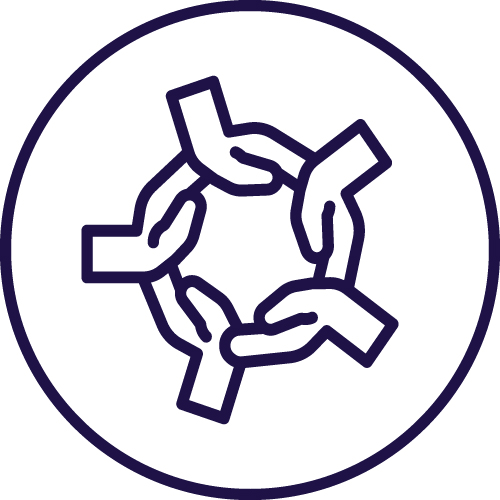
Five-year action plan developed with Young Parliamentarian Forum to put youth issues at the heart of the political debate
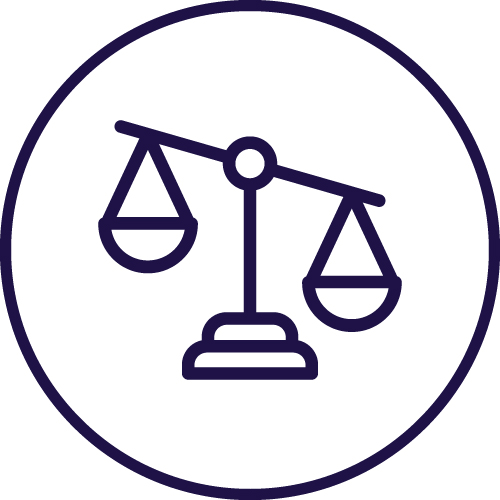
Supported the Oyo State House of Assembly (OSHA) to review and pass the Oyo State Violence Against Persons Prohibition (VAPP) law, which was translated into the local language of Yoruba, and the braille for the visually impaired
Strengthened the capacity of MPs and parliamentary staff of relevant committees of the National Assembly to evaluate progress and advance the country’s Nationally Determined Contributions on Climate Change
Political economy analysis of the National Assembly (NASS) of Nigeria, and three State Assemblies (Jigawa, Kano and Kaduna) for effective engagement

Increased traction with the adoption and passage of the VAPP Act in more states of Nigeria resulting from the findings on the impact of implementation of the VAPP Act and related laws, as well as policy dialogues for targeted states

Strengthening and replication of sustainable platforms for legislative engagement with young people
Development of Youth Agenda as advocacy and accountability tool at the grassroots

Strengthened audit and public account process in Nigeria
Establishment of NYSC Voter Education CDS groups in the focal States of Imo, Osun, and Abuja, with corps members effectively using a peer-to-peer methodology to disseminate voter education at local government and difficult to reach areas
Latest news
Contact us
6th Floor, Churchgate Tower, Constitution Avenue,
Central Business District
Abuja
Federal Capital Territory
Nigeria


